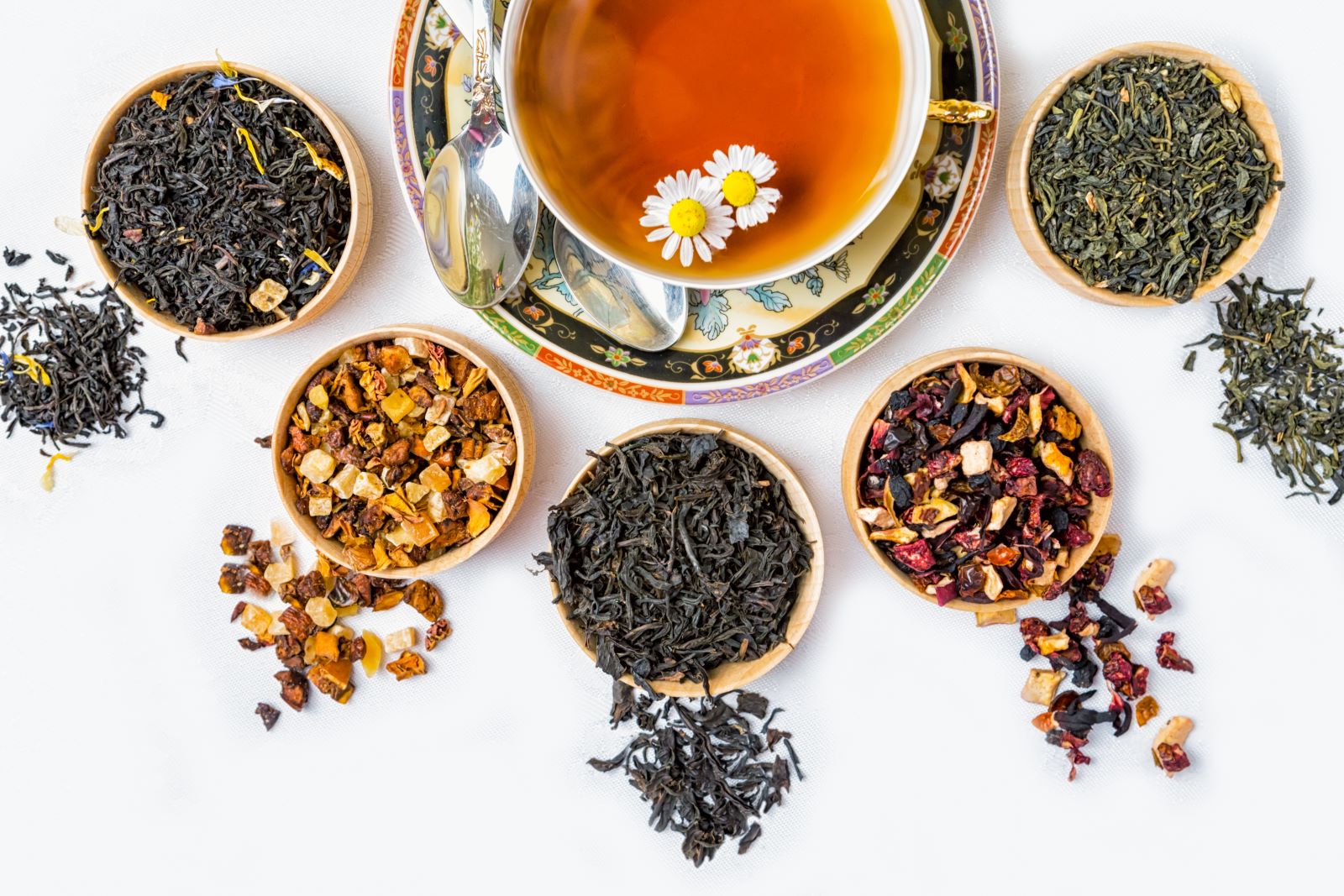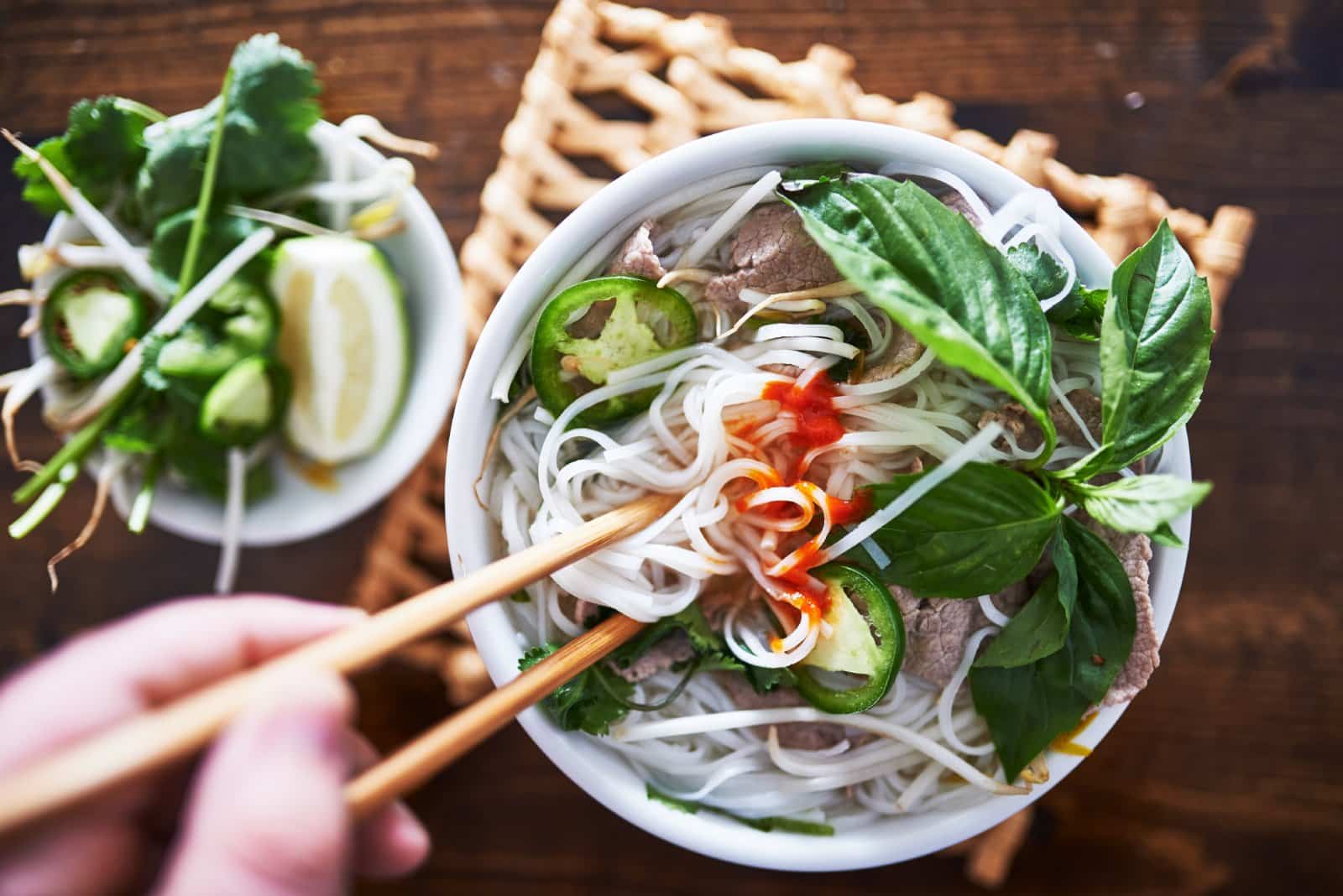Love Staying Up Late? Night Owls Beware: It’s Hurting Your Mental Health
Do you consider yourself a night owl, thriving in the quiet hours when the world sleeps? While burning the midnight oil can seem productive or liberating, it comes with a hefty price. Studies increasingly show that late-night habits are closely linked to poor mental health.
Circadian Rhythm Chaos

Our bodies are designed to follow a circadian rhythm, a natural 24-hour cycle that regulates sleep-wake patterns. Disrupting this rhythm by staying up late can lead to severe mental health issues.
Research published in The Lancet Psychiatry reveals that people with irregular sleep patterns are more likely to experience mood disorders like depression and bipolar disorder.
Increased Anxiety and Stress

Staying up late often means less sleep overall, which significantly impacts mental health.
The National Institute of Mental Health states that sleep deprivation increases the production of stress hormones like cortisol. This uptick can exacerbate anxiety, making it harder to manage daily stressors.
Social Isolation and Loneliness

Night owls tend to miss out on daytime social interactions, leading to feelings of isolation and loneliness.
According to the Journal of Affective Disorders, social isolation is a strong predictor of depression and anxiety.
Regular social engagement is crucial for mental well-being, and being out of sync with the rest of society can take a toll.
Cognitive Impairments

Lack of sleep and late-night habits can impair cognitive functions such as memory, attention, and decision-making.
The American Psychological Association notes that chronic sleep deprivation negatively affects brain function, leading to difficulties in concentrating and problem-solving.
Physical Health Impacts

Poor sleep patterns don’t just affect mental health—they can lead to physical health problems too. Conditions such as obesity, diabetes, and heart disease are more common among those who stay up late regularly.
The Centers for Disease Control and Prevention emphasize the interconnectedness of physical and mental health, where poor physical health can further deteriorate mental well-being.
Breaking the Cycle

To combat the negative effects of being a night owl, it’s essential to establish a regular sleep routine. Experts from the Sleep Foundation recommend setting a consistent bedtime, creating a restful environment, and limiting exposure to screens before bed.
Mindfulness and Relaxation

Incorporating mindfulness and relaxation techniques can also help improve sleep quality. Practices such as meditation, deep breathing, and progressive muscle relaxation can prepare your mind and body for rest, according to the Mayo Clinic.
Seek Professional Help

If adjusting your sleep habits on your own proves challenging, seeking help from a mental health professional or a sleep specialist can provide personalized strategies to improve your sleep patterns and overall mental health.
The Bottom Line

While the allure of late nights might be strong, the consequences for your mental health can be severe. Prioritizing a healthy sleep schedule is not just about feeling rested; it’s about maintaining your mental and emotional well-being.
Not All Tea Is Good for You: List of Teas to Avoid and to Stick To

Not all teas are healthy and some might actually harm your health with poor ingredients. But how can you tell the good from the bad? This guide aims to help you make informed choices without turning you into a tea expert overnight. Not All Tea Is Good for You: List of Teas to Avoid and to Stick To
America’s Spiritual Revolution: Turning Away from Christianity to Embrace Alternatives

As church attendance declines, Americans are exploring diverse spiritual paths, from stargazing druids to unconventional deities like Wi-Fi gods and extraterrestrials. Explore the quirky and sometimes controversial new religions capturing attention as people seek meaning beyond traditional Christianity. America’s Spiritual Revolution: Turning Away from Christianity to Embrace Alternatives
25 Must-Try Global Delicacies

From Bangkok’s bustling streets to Parisian cafes, every corner of the world offers something special for your taste buds. And you don’t have to travel far; even in the USA, you can find a world of flavors. Here are 25 global delicacies every foodie should try, including some local favorites! 25 Must-Try Global Delicacies
Featured Image Credit: Shutterstock / Stock-Asso.
For transparency, this content was partly developed with AI assistance and carefully curated by an experienced editor to be informative and ensure accuracy.






